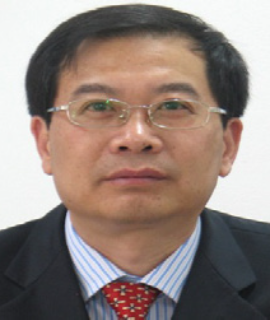Title : Development and validation of InDel markers for Capsicum spp based on wholegenome re-sequencing
Abstract:
Genome-wide detection of insertion/deletion length polymorphisms in Capsicum spp was performed by comparing whole-genome re-sequencing data from two Capsicum accessions, C.annuum cv. G29 and C.frutescens cv.PBC688, to the reference genome sequence of C.annuum cv. CM334. In total, we identified 1,664,770 InDel polymorphisms between CM334 and PBC688, 533,523 InDels between CM334 and G29, and 1,651,856 InDels between PBC688 and G29. From these, 1605 InDel polymorphisms of 3-49 bp in length between PBC688 and G29 were selected for experimental validation.1262 (78.6%) showed polymorphisms, 90 (5.6%) did not amplify a product, and 298 (18.6) showed no polymorphism. For future validation of these InDel polymorphisms, 288 InDels were screened across five accessions representing the five domesticated species. Of these assayed markers, 194 (67.4%) were polymorphic, 87(30.2%) were not polymorphic and 7 (2.4%) did not amplify a PCR product. At the same time, we tested the polymorphism of 288 InDel markers in C.annuum and C.frutescens, of which more than 90% amplified a PCR product. 36 (12.5%) showed polymorphism between the two C.annuum accessions and 38 (13.2%) between the two C.frutescens accessions. This set of novel PCR-based InDel markers will be a valuable resource for genetic studies and breeding programs in Capsicum spp.



